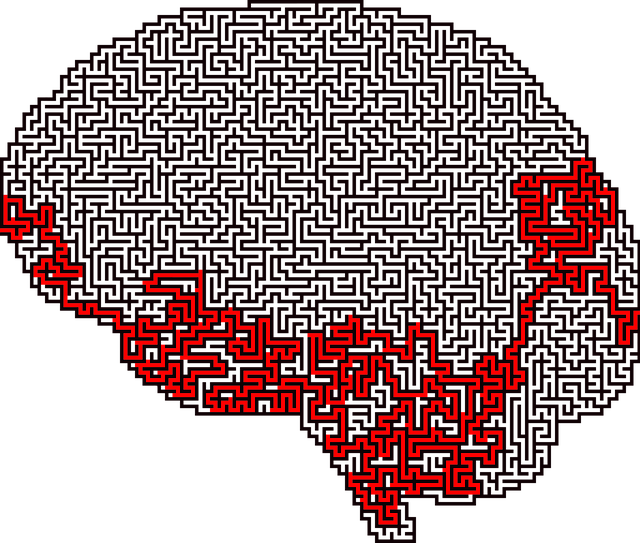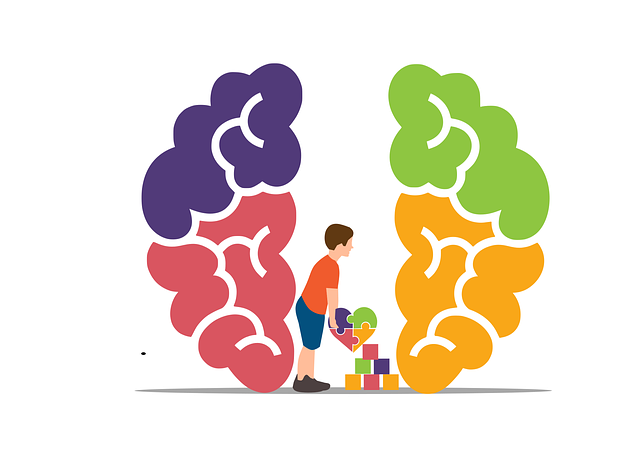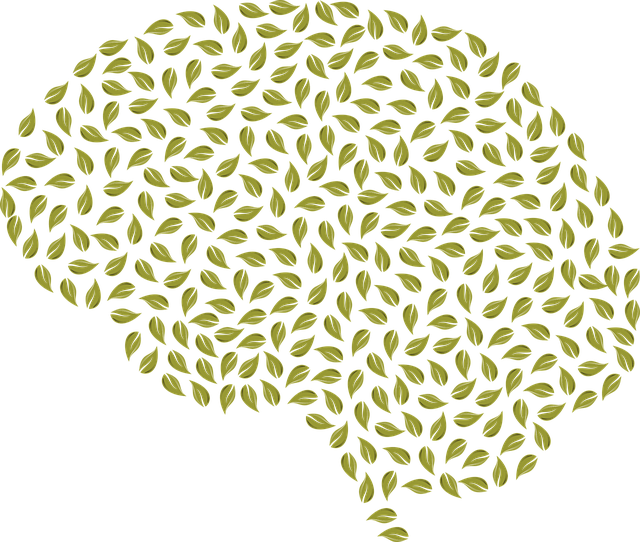Mental health professionals face unique challenges when treating elderly clients, especially regarding age-related cognitive changes and social isolation. Tailored therapy is essential for conditions like depression and dementia, with extra consideration for historical and societal barriers impacting women's mental health in old age. Community outreach builds trust and improves care access. Effective practice requires training, geriatric psychology knowledge, stigma reduction, and patient-centric communication strategies to navigate these complexities successfully.
Mental health professionals face unique challenges when working with elderly clients, from identifying age-related mental health concerns to navigating cultural considerations. This article delves into these complexities, focusing on risk assessment strategies tailored to both elderly patients and women across diverse age groups. We explore gender-specific issues prevalent in therapy, including societal expectations and common struggles, offering insights into creating safe spaces. Additionally, we present comprehensive risk management strategies, emphasizing evidence-based tools and continuous professional development for optimal client care. By addressing these aspects, mental health professionals can enhance their practice, particularly when treating vulnerable populations like the elderly and women.
- Identifying Unique Risks in Mental Health Practice with Elderly Clients
- – Exploring age-related mental health concerns and challenges
- – Assessing cognitive decline, physical health impacts on mental well-being
Identifying Unique Risks in Mental Health Practice with Elderly Clients

Working with elderly clients brings a unique set of risks and challenges for mental health professionals. This demographic often faces complex issues stemming from age-related physical and cognitive changes, social isolation, and life transitions. Many elders struggle with conditions like depression, anxiety, or even dementia, which can significantly impact their ability to communicate and engage in therapy. Mental health practitioners must be adept at tailoring their approaches to suit the specific needs and abilities of elderly patients.
Additionally, when addressing women’s issues within this population, professionals should consider the unique societal and cultural factors at play. Elderly women may have faced historical barriers and stereotypes, contributing to a higher risk of mental health disparities. Implementing community outreach programs focused on these populations can foster trust, improve access to care, and enhance therapeutic outcomes. Confidently navigating these complexities requires ongoing training, a deep understanding of geriatric psychology, and a commitment to reducing the stigma surrounding mental illness in older adults.
– Exploring age-related mental health concerns and challenges

As mental health professionals, navigating the complexities of aging is a critical aspect of our work. The elderly population faces unique mental health challenges distinct from younger generations. Age-related cognitive changes, such as memory loss and reduced processing speed, can impact an individual’s ability to engage in therapy. Additionally, social isolation, often exacerbated by physical limitations or the loss of loved ones, contributes to heightened anxiety and depression among seniors.
When treating older adults, therapists must be mindful of these age-related issues and adapt their approaches accordingly. This may involve incorporating more patient-centric, low-stimulus communication strategies to address any cognitive challenges. Furthermore, focusing on depression prevention through early intervention and promoting confidence boosting activities can significantly improve the overall well-being of elderly clients. Understanding and addressing these specific women’s issues tailored to the senior demographic ensures more effective therapy outcomes.
– Assessing cognitive decline, physical health impacts on mental well-being

Mental health professionals must be vigilant in assessing cognitive decline among their elderly clients, as it significantly impacts overall mental well-being. This is particularly relevant when addressing women’s issues in therapy, as age-related cognitive changes can exacerbate existing mental health challenges. Early identification of cognitive impairment is crucial to provide timely intervention and support for elders receiving therapy.
Physical health plays a pivotal role in maintaining mental wellness. Mental health professionals should screen for physical health conditions that commonly accompany aging, such as cardiovascular diseases or diabetes. These chronic illnesses often manifest symptoms that can be mistaken for mental health issues, creating a complex interplay between physical and psychological well-being. Integrating public awareness campaigns focused on anxiety relief and mental wellness development can empower elders and their support systems to recognize these interconnected factors.
Mental health professionals working with elderly clients face distinct risks and challenges, particularly in addressing age-related mental health concerns. By recognizing and assessing cognitive decline and its impact on physical health, therapists can better tailor their approach to meet the unique needs of this demographic. Incorporating specialized knowledge about women’s issues in later life is crucial for providing effective therapy for elders, ensuring they receive comprehensive support tailored to their specific circumstances. Effective risk assessment and management are vital steps towards enhancing the quality and safety of mental health care for this vulnerable population.









